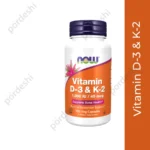
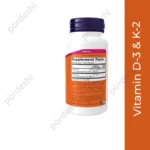
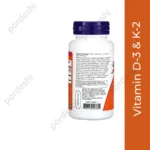
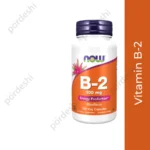
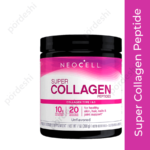
Now Vitamin D-3 & K-2
2,200.00৳ Original price was: 2,200.00৳ .2,099.00৳ Current price is: 2,099.00৳ .
Key points: Now Vitamin D-3 & K-2 Veg Capsules 120
- supports bone health and promotes the formation of a healthy, strong bone matrix
– contributes to cardiovascular support and proper calcium metabolism in vascular structures
– helps maintain healthy teeth and promotes calcium transport and absorption
– plays a role in proper insulin action and glucose metabolism
– supports the immune system and has an important function within it
– made with non-gmo ingredients for a natural and organic dietary supplement
– backed by extensive research and manufactured under strict quality assurance standards
| Weight | .1 g |
|---|---|
| Dimensions | 27 × 32 × 3.5 cm |
| Brand |
NOW |
In stock
100% Authentic &
Money back guarantee
Best Customer support
In Dhaka city Delivery fee: 79 taka
Out of Dhaka Delivery fee: 119 taka

Cash on
Delivery &
Secured Payments

100%
Privacy

Faster
Delivery

Easy Return Policy
01820234026
Now Vitamin D-3 & K-2 Veg Capsules 120
Vitamin D-3 & K-2 Veg Capsules: Supporting Bone Health and Cardiovascular Support
It is a powerful combination of two essential nutrients that work together to support bone, teeth, and cardiovascular health. This supplement provides the optimal levels of both vitamins in a convenient and bioavailable form.
Vitamin D-3, also known as the “sunshine vitamin,” is crucial for calcium transport and absorption. It plays a vital role in promoting proper calcium metabolism, ensuring that our bodies can effectively utilize this essential mineral. In addition, vitamin D-3 supports insulin action, glucose metabolism, and immune function.
It is essential for directing calcium to where it is needed most, such as our bones and teeth while preventing its accumulation in arteries and soft tissues. By promoting proper calcium metabolism, K-2 supports arterial health and helps maintain the integrity of our cardiovascular system. It also supports the formation of a strong bone matrix, contributing to optimal bone health.
The key ingredients in this supplement are D-3 and K-2. Each capsule provides the optimal levels of these nutrients to support proper calcium metabolism in vascular structures and promote a healthy bone matrix. By combining these two vitamins, you can take a proactive approach to maintaining bone, teeth, and cardiovascular health.
Choose Vitamin D-3 & K-2 for a convenient and effective way to support your overall health.
Ingredients
The Vitamin D-3 & K-2 Veg Capsules contain a carefully selected blend of ingredients to provide optimal support for bone, teeth, and cardiovascular health. These veg capsules are not only effective but also free from common allergens, making them suitable for a wide range of dietary needs.
The key active ingredients in this product are D-3 and K-2, which work synergistically to support proper calcium metabolism and promote healthy cardiovascular function. These essential nutrients are delivered in a bioavailable form, ensuring maximum absorption and effectiveness.
In addition to vitamin D-3 and K-2, the product also contains microcrystalline cellulose, hypromellose (cellulose capsule), and silicon dioxide. These ingredients are carefully chosen for their quality and effectiveness in supporting overall health.
What sets this product apart is its commitment to quality and allergen-conscious formulation. These Capsules are not manufactured with wheat, gluten, soy, milk, egg, fish, or shellfish ingredients, making them suitable for individuals with common dietary restrictions. Other ingredients in this product include rice flour, hypromellose (cellulose capsule), ascorbyl palmitate, and silicon dioxide.
Rest assured, this product is produced in a GMP (Good Manufacturing Practices) facility that also processes other ingredients containing allergens, ensuring strict quality control and safety standards are met.
Choose these D-3 & K-2 Veg Capsules for a convenient and effective way to support optimal bone, teeth, and cardiovascular health. Trust in its quality formulation and allergen-conscious ingredients to meet your essential nutrition needs.
Suggested Usage
To receive the maximum benefit from this product, it is recommended to take one capsule daily with a meal. This ensures optimal absorption of the vitamin D-3 and K-2 combination, allowing them to work synergistically to support proper calcium metabolism and promote cardiovascular health. As with any dietary supplement, it is important to consult with a healthcare professional before adding this supplement to your routine, especially if you have a medical condition or are currently taking other medications. They can provide personalized guidance based on your specific needs and help determine the appropriate dosage for you. It is also worth noting that individual results may vary, and consistent use over time is key for experiencing the best results. Incorporating this supplement into a balanced diet and healthy lifestyle can contribute to overall health and well-being.
Can I get Vitamin D from food?
Getting enough Vitamin D solely from food sources can be challenging. The main dietary sources of Vitamin D include fatty fish such as salmon, mackerel, and sardines, as well as fortified dairy products like milk and yogurt. These foods are relatively rich in Vitamin D; however, relying on them alone may not provide adequate amounts of this essential nutrient.
Several factors contribute to the difficulty of obtaining sufficient Vitamin D from food. Firstly, only a limited number of foods naturally contain significant amounts of Vitamin D. This means that the options for obtaining it solely from food sources are limited, especially for individuals following specific dietary restrictions or preferences.
Additionally, the Vitamin D content in food sources can vary significantly. Factors such as the type of fish, the amount of sunlight exposure the fish has received, and the fortification process of dairy products can all impact their Vitamin D content. Therefore, the overall variability in food sources makes it challenging to consistently meet optimal Vitamin D levels through diet alone.
To ensure adequate Vitamin D intake, it is often recommended to supplement with this one. It is typically derived from either plant or animal sources and is available in various dosage forms like capsules, tablets, or liquid supplements. By combining this supplementation with a balanced diet, individuals can best support their overall health and maintain optimal one levels.
How much Vitamin D do I need?
The recommended daily intake (RDI) for Vitamin D has been a topic of ongoing debate among experts. The RDI varies depending on age, gender, and other factors. The U.S. Institute of Medicine suggests an RDI of 600-800 IU (International Units) per day for most adults. However, some experts argue that these recommendations are too low and advocate for higher doses of this supplementation.
Taking too much Vitamin D can have potential risks. Excessive doses can lead to vitamin D toxicity, causing symptoms such as nausea, vomiting, and weakness. In severe cases, it can even lead to kidney damage. It is important to stick to the recommended dosage and consult with a healthcare professional before starting any supplementation.
Vitamin D plays a crucial role in calcium absorption and bone health. It helps in the absorption of calcium from the intestines and supports its integration into the bones, maintaining their strength and density. However, while Vitamin D is important for overall bone health, its impact on fall-related fractures is limited. Other factors like muscle strength, balance, and environmental hazards also play significant roles in preventing such fractures.
In conclusion, the recommended daily intake for Vitamin D varies among experts, and it is important to consult with a healthcare professional for individualized recommendations. While Vitamin D is crucial for calcium absorption and bone health, excessive intake can be harmful. Maintaining optimal levels of Vitamin D is essential for overall well-being, but it is only one piece of the puzzle when it comes to preventing fall-related fractures.
Should I take a test?
The controversy surrounding the necessity of vitamin D testing has been a topic of debate among healthcare professionals and experts. Insurers and some health experts have raised concerns about the lack of evidence supporting routine vitamin D screening.
While vitamin D plays a crucial role in various bodily functions, including bone health, there is limited evidence to support the need for routine testing. Insurers argue that without sufficient evidence, routine testing could lead to unnecessary costs and potential overdiagnosis.
Despite the lack of consensus, there has been a surge in demand for vitamin D testing. Many individuals are seeking screening to determine their vitamin D levels and potentially address any deficiencies. However, it’s important to note that vitamin D levels can vary based on factors such as sun exposure, diet, and individual differences.
The cost associated with vitamin D testing can also be a concern for individuals. While some insurance plans may cover the cost, others may not, leading to out-of-pocket expenses. It’s essential for individuals to weigh the potential benefits and risks before deciding whether to pursue vitamin D testing.
In conclusion, the controversy surrounding routine vitamin D testing continues to be a topic of interest. Insurers and health experts question the necessity of screening without sufficient evidence. While there is a surge in demand for testing, individuals should consider the potential costs and weigh the benefits before undergoing vitamin D testing. Consulting with a healthcare professional can provide guidance on whether testing is necessary for individual circumstances.
Can I take too much Vitamin D?
Excessive intake of vitamin D can have potential risks and consequences on our health. A 2010 study conducted by the American Journal of Clinical Nutrition found that high doses of vitamin D were associated with an increased risk of falls and fractures in older adults. This suggests that consuming excessive amounts of vitamin D may not necessarily lead to better bone health and can even have detrimental effects.
On the other hand, a 2015 study published in The Lancet Diabetes & Endocrinology found that lower levels of vitamin D were associated with increased mortality. This highlights the importance of maintaining optimal but not excessive levels of vitamin D.
In light of these findings, the current trend is to recommend conservative dosages of vitamin D supplementation. The Mayo Clinic advises that a daily intake of 1,000 to 2,000 IU (International Units) is generally considered safe for most adults. However, it is important to note that individual needs may vary, and it is always advisable to consult with a healthcare professional to determine the appropriate dosage for your specific circumstances.
In conclusion, while vitamin D is essential for various bodily functions, including bone health, excessive intake can pose risks. It is crucial to strike a balance and consume vitamin D within the recommended dosages to optimize its benefits without experiencing adverse consequences.
FREQUENTLY BOUGHT TOGETHER
Now Vitamin D-3 & K-2 is a popular supplement that combines two essential nutrients for overall health and wellbeing. It plays a crucial role in supporting proper calcium metabolism, which is essential for the health of bones and vascular structures. Meanwhile, It is known for its role in activating proteins that promote the utilization of calcium in the body, thus contributing to the maintenance of arterial health. Together, these vitamins work synergistically to support a strong bone matrix, cardiovascular health, and optimal levels of calcium in the body. By combining vitamin D-3 and K-2 in one convenient supplement, It provides a comprehensive solution for individuals looking to support their overall health and well-being. With its high-quality, non-GMO formulation, it is a trusted choice among health-conscious consumers.
Can I get enough Vitamin D from the sun alone?
Getting enough Vitamin D solely from sun exposure can be challenging, particularly due to the risks associated with prolonged sun exposure. While the sun is the best natural source of Vitamin D, there are several factors that can affect its production in the body.
The exposure requirements for adequate Vitamin D levels vary based on factors such as skin tone and geographical location. Individuals with fair skin require less sun exposure compared to those with darker skin tones, as melanin reduces the body’s ability to produce Vitamin D. Moreover, people living in regions further away from the equator may struggle to get sufficient sunlight throughout the year.
Various lifestyle factors can also hinder the body’s ability to produce Vitamin D from the sun. Factors such as staying indoors for long periods, consistently wearing sunscreen, and covering the skin with clothing can all limit sun exposure and therefore potential Vitamin D production.
To ensure optimal Vitamin D levels, it is often necessary to explore alternative sources such as Vitamin D supplements or consuming foods rich in Vitamin D. Discussing with a healthcare provider or nutritionist can provide guidance on the appropriate level of sun exposure and supplementary methods to ensure adequate one intake.
Overall, while the sun is a primary source of Vitamin D, factors such as skin tone, geographical location, and lifestyle choices can make it challenging to obtain sufficient levels of this essential nutrient solely through sun exposure.
Dhaka City 75 taka (Delivery Within 24-72 hours)
Dhaka District 115/- Taka Delivery time 2 to 3 days
Whole Bangladesh 140/- Taka 3 to 5 days



 Oral Care
Oral Care Sports Nutrition
Sports Nutrition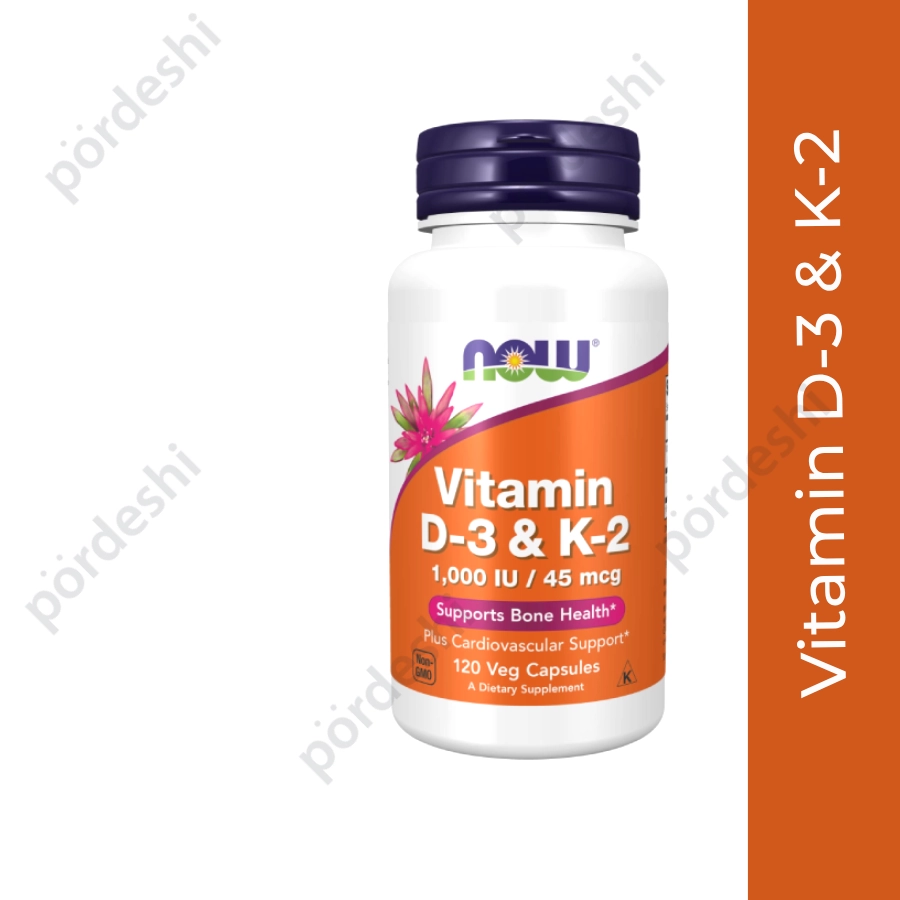
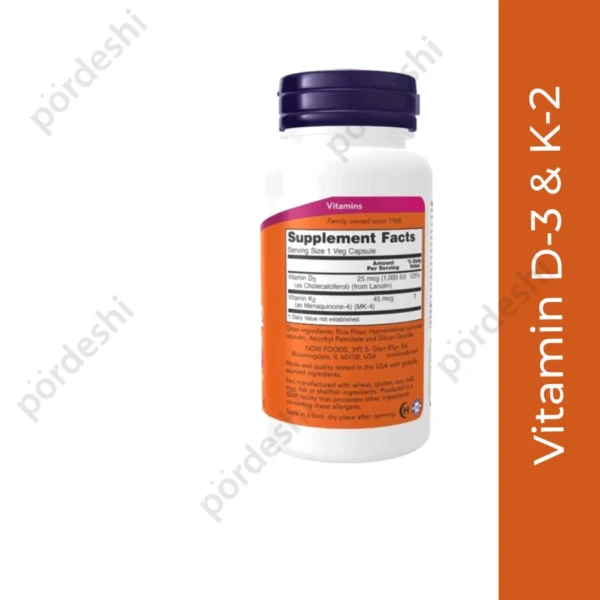
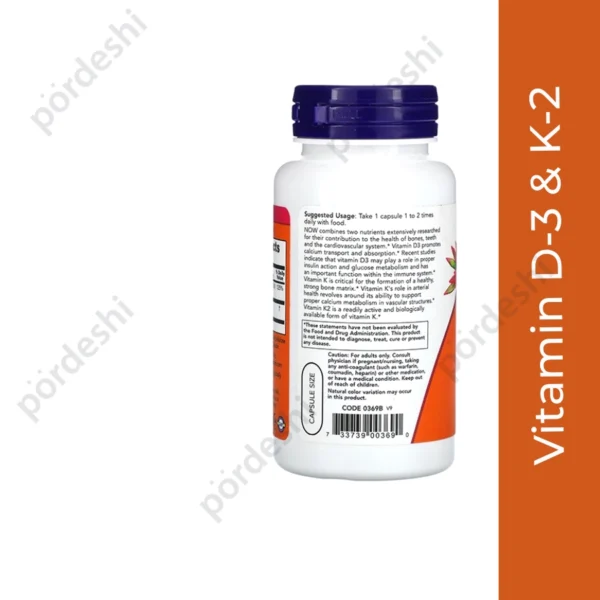
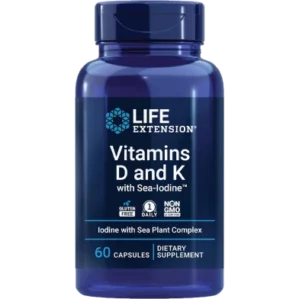

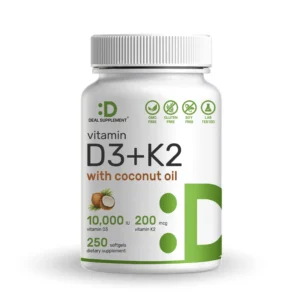
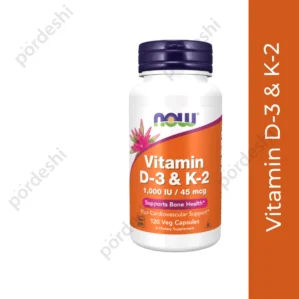
Reviews
There are no reviews yet.